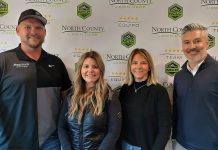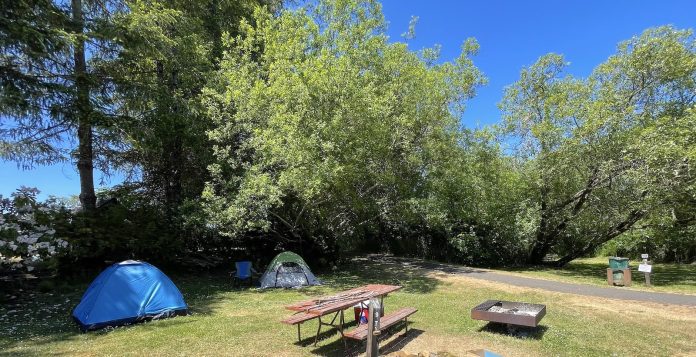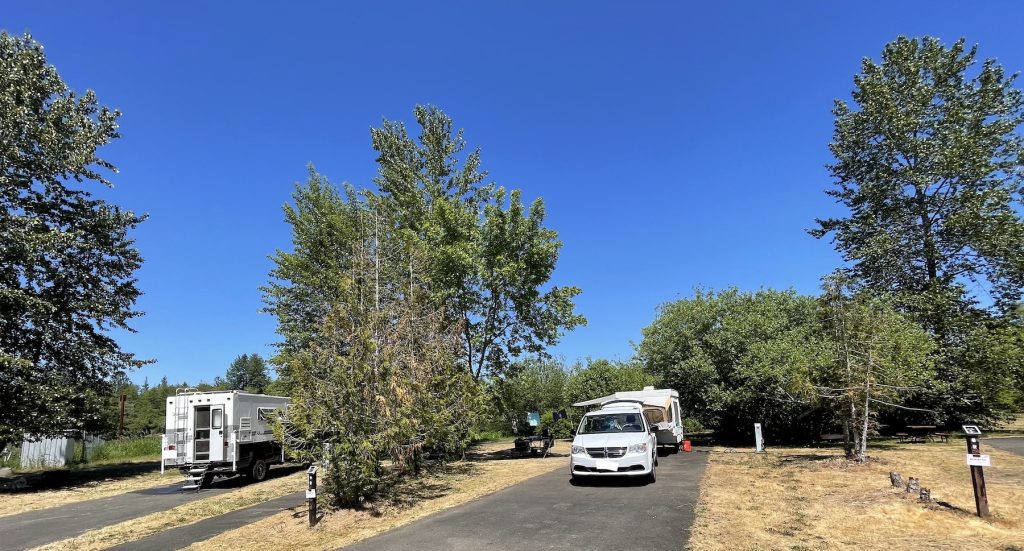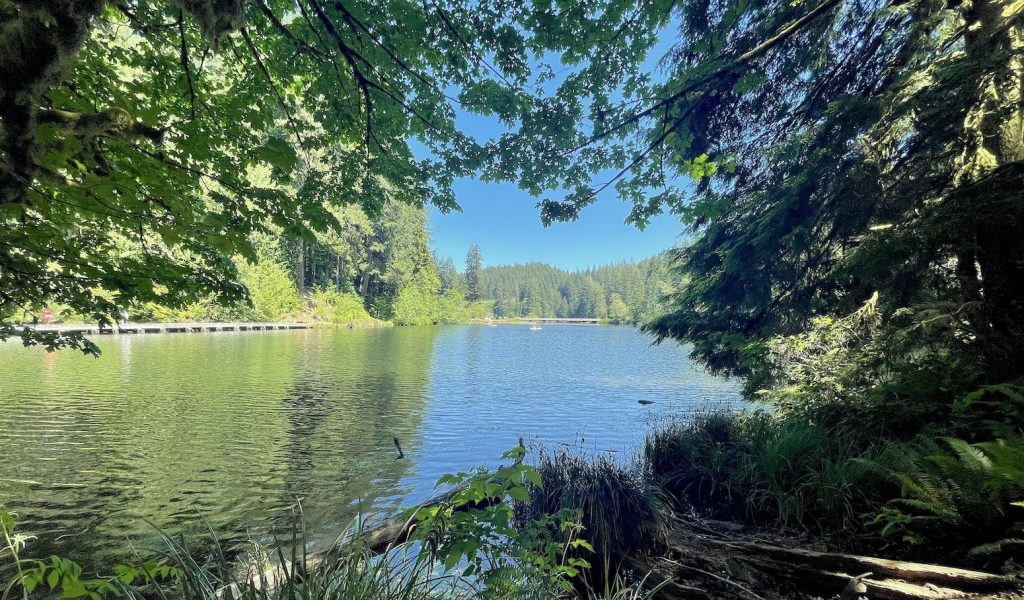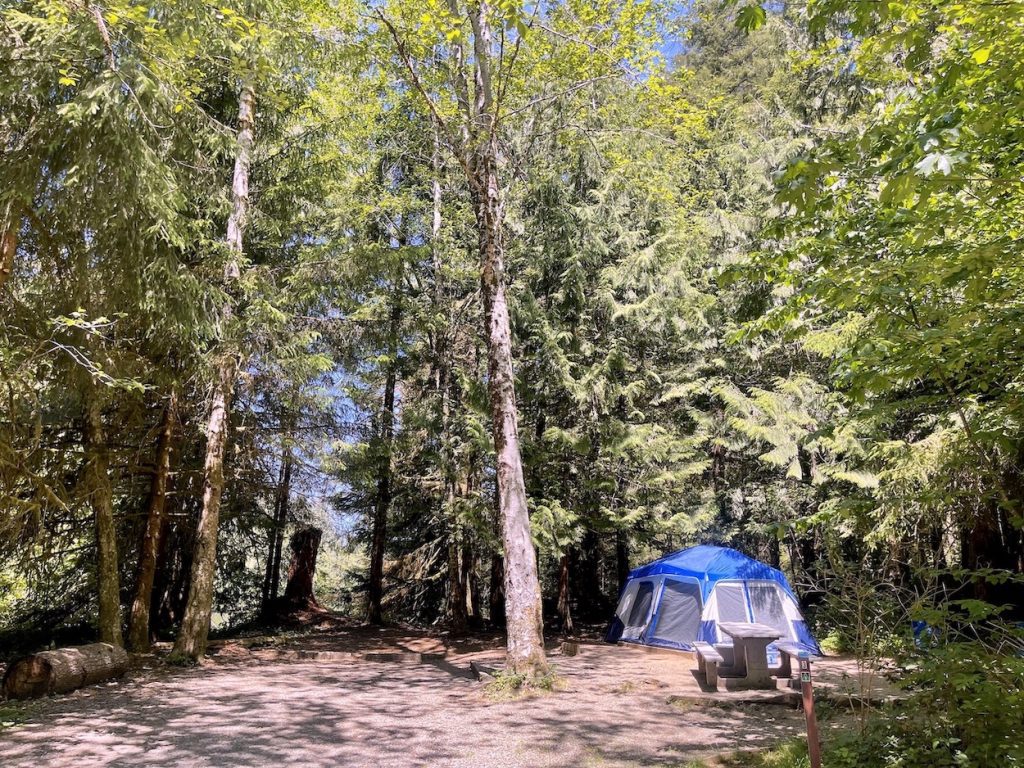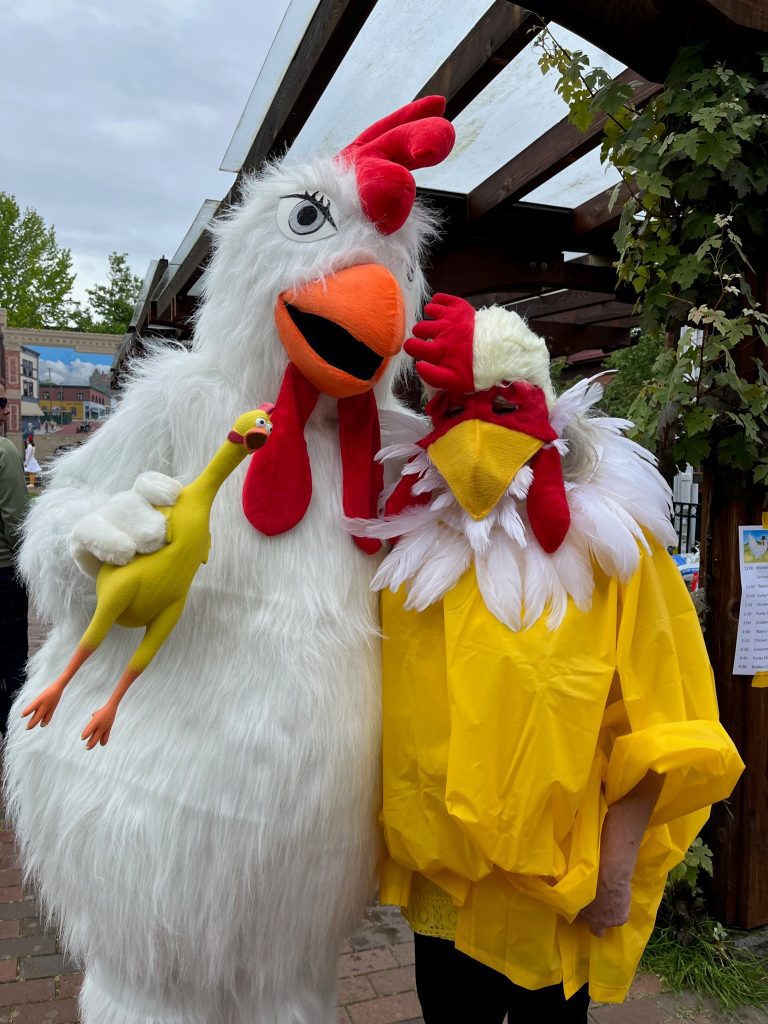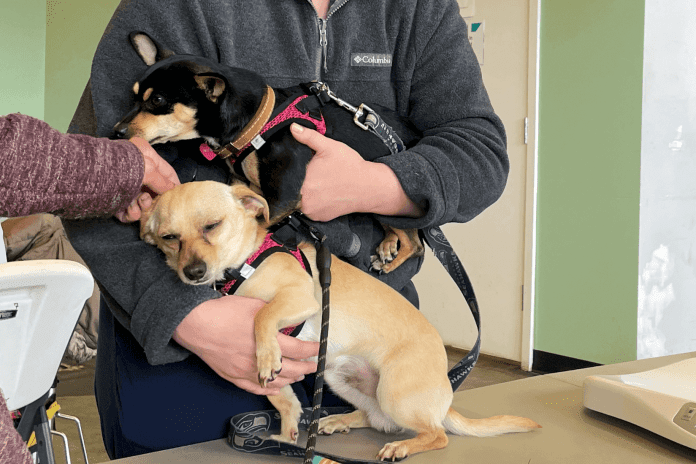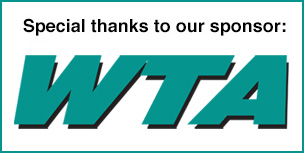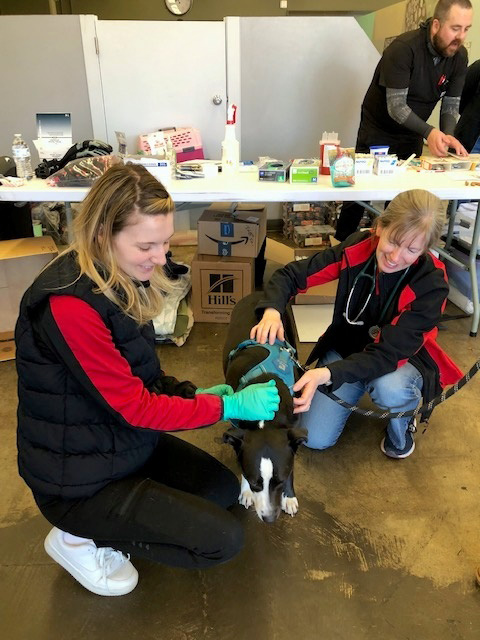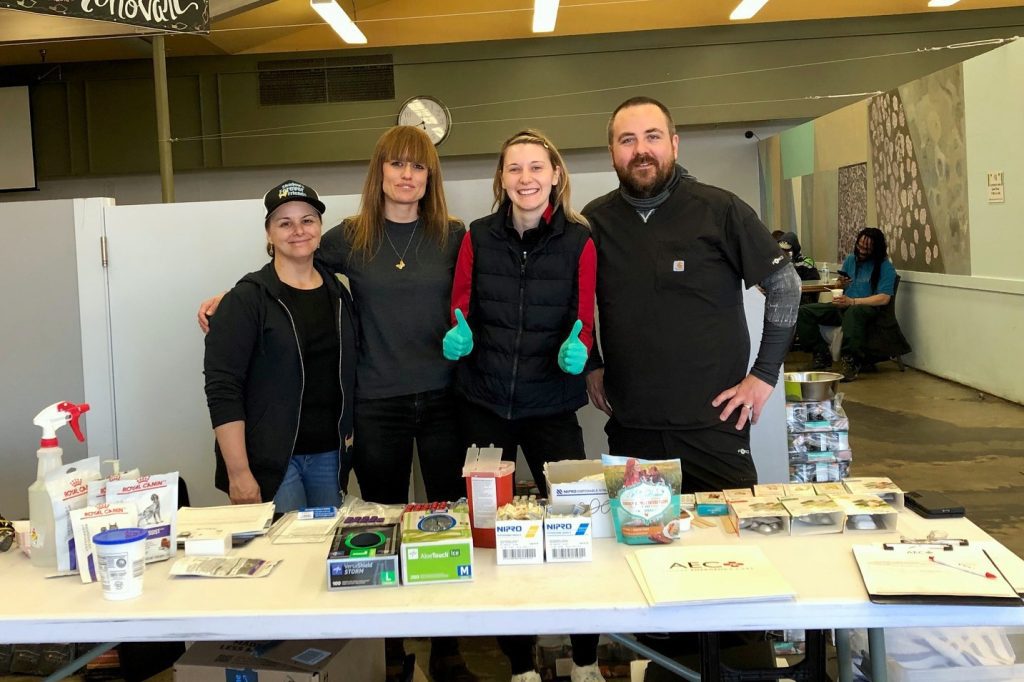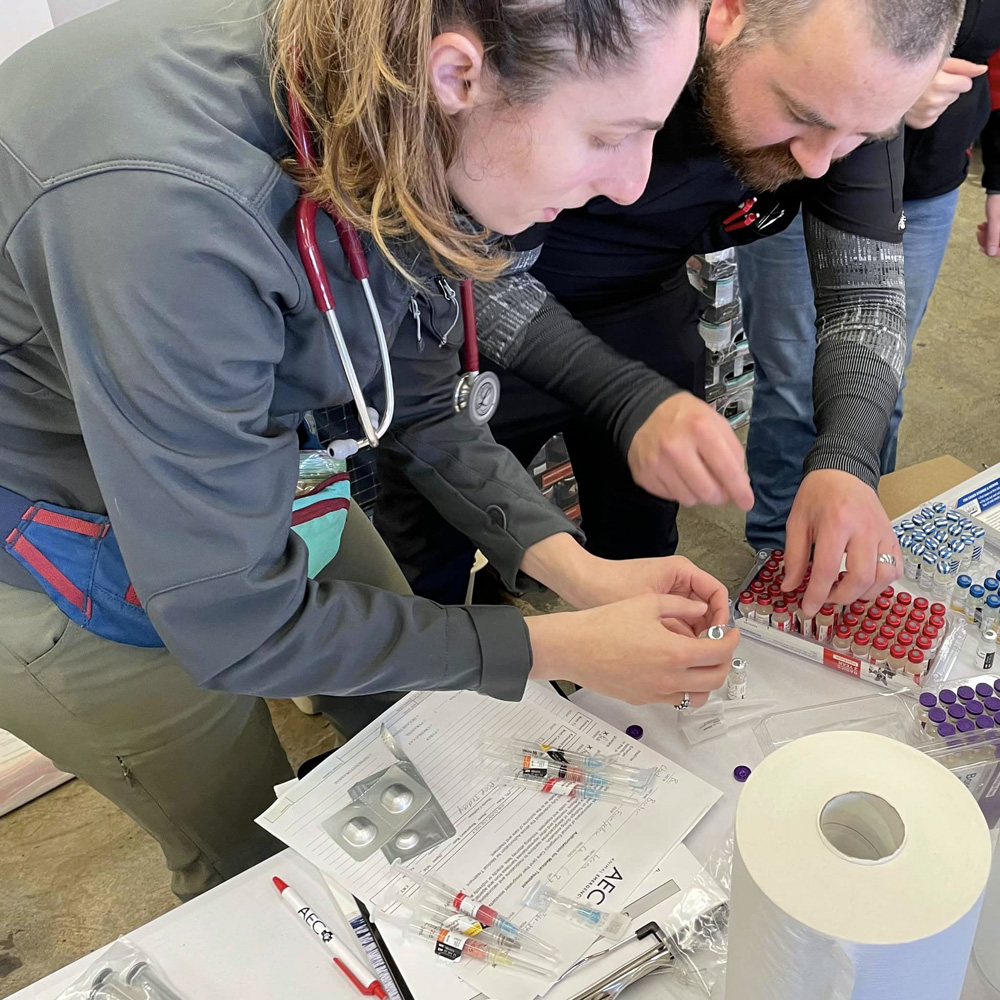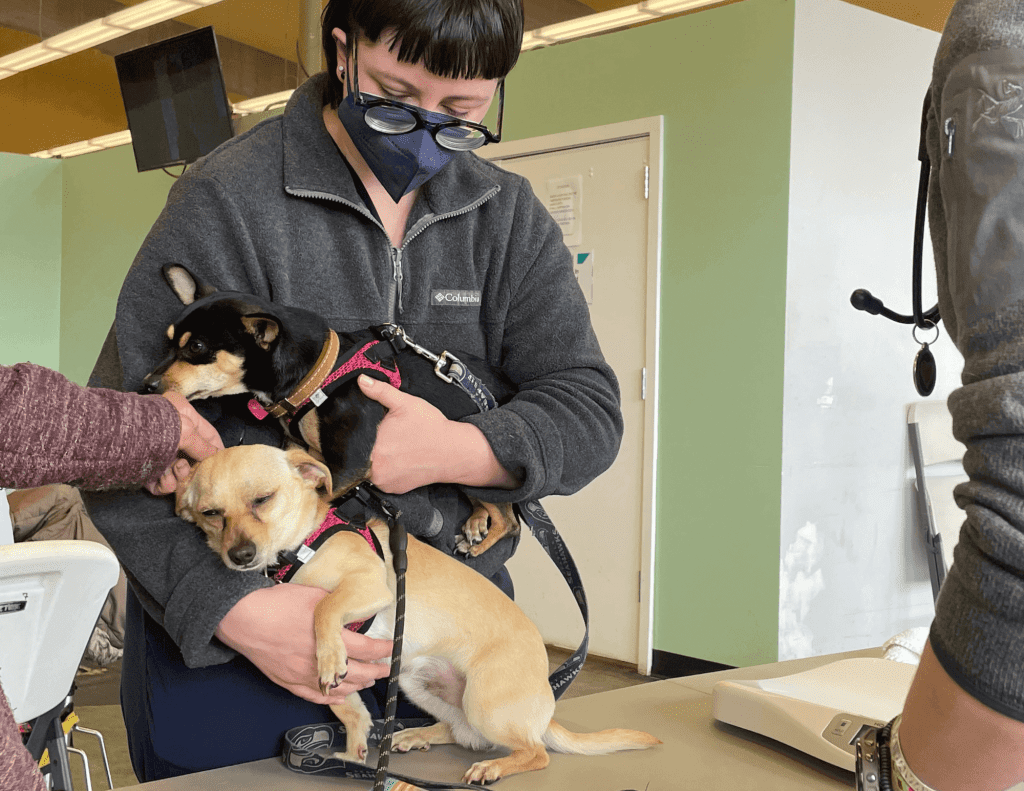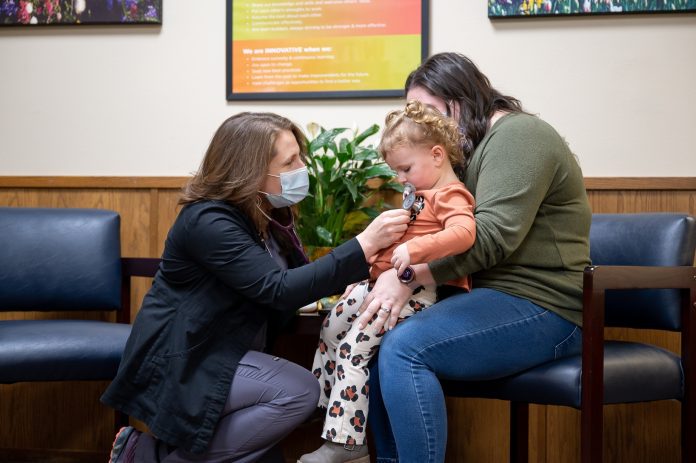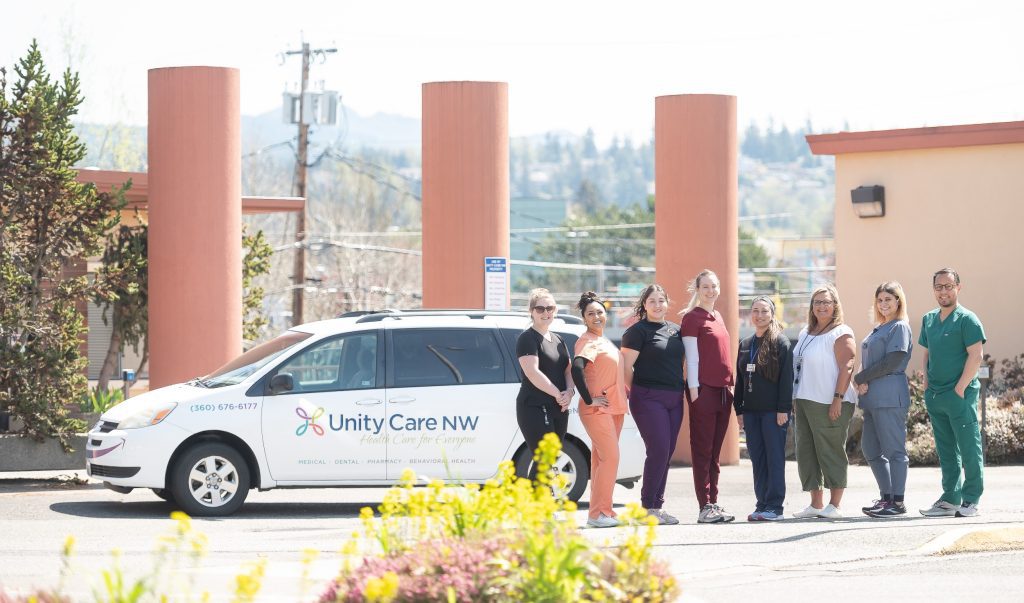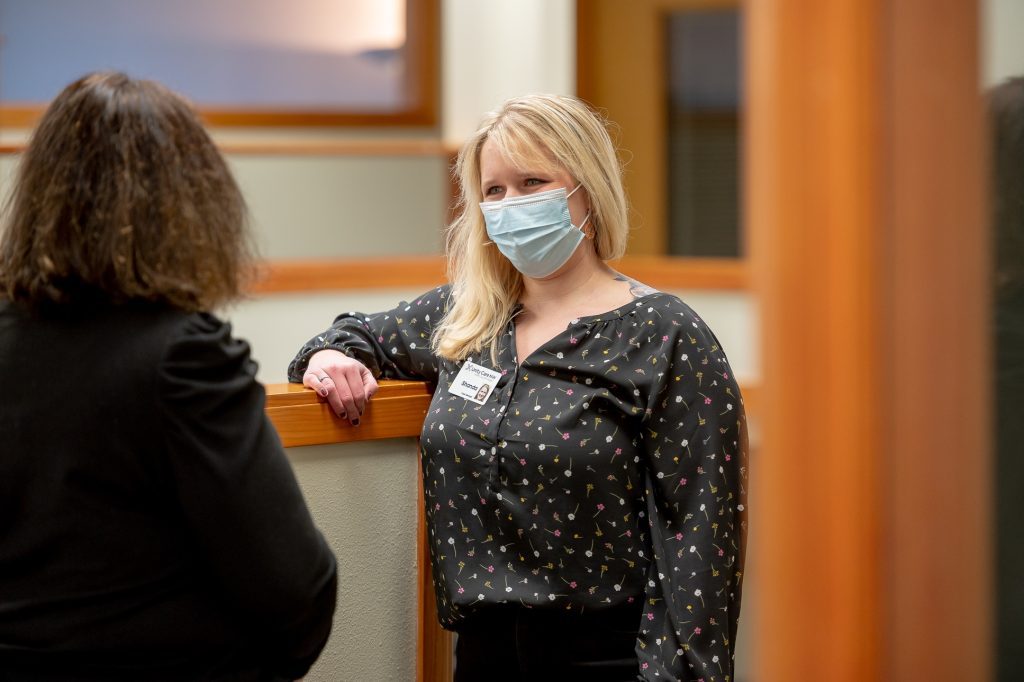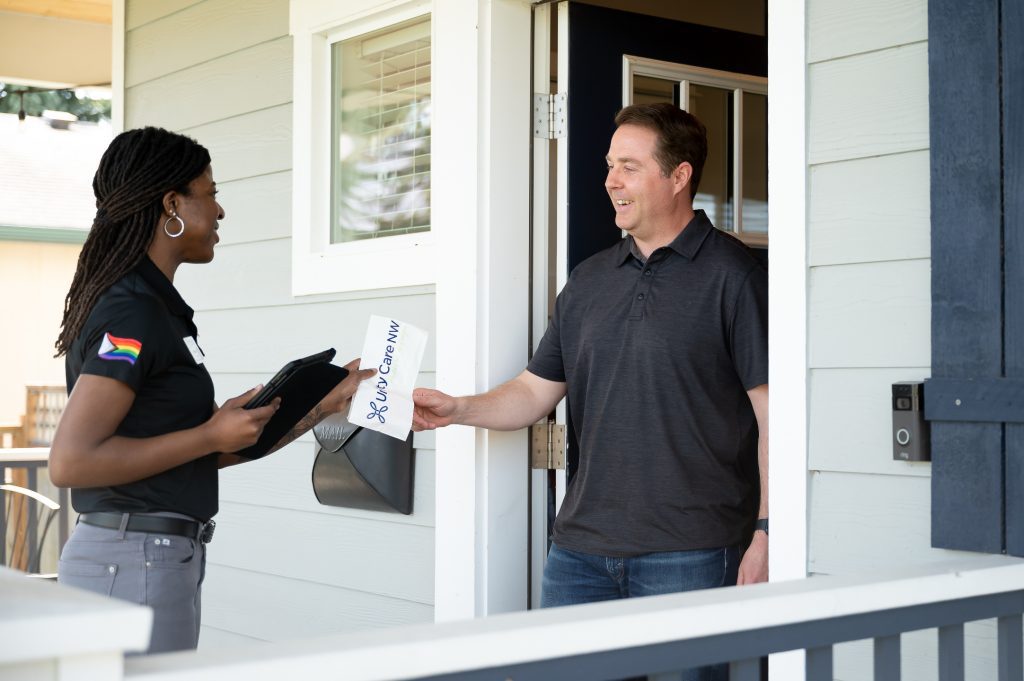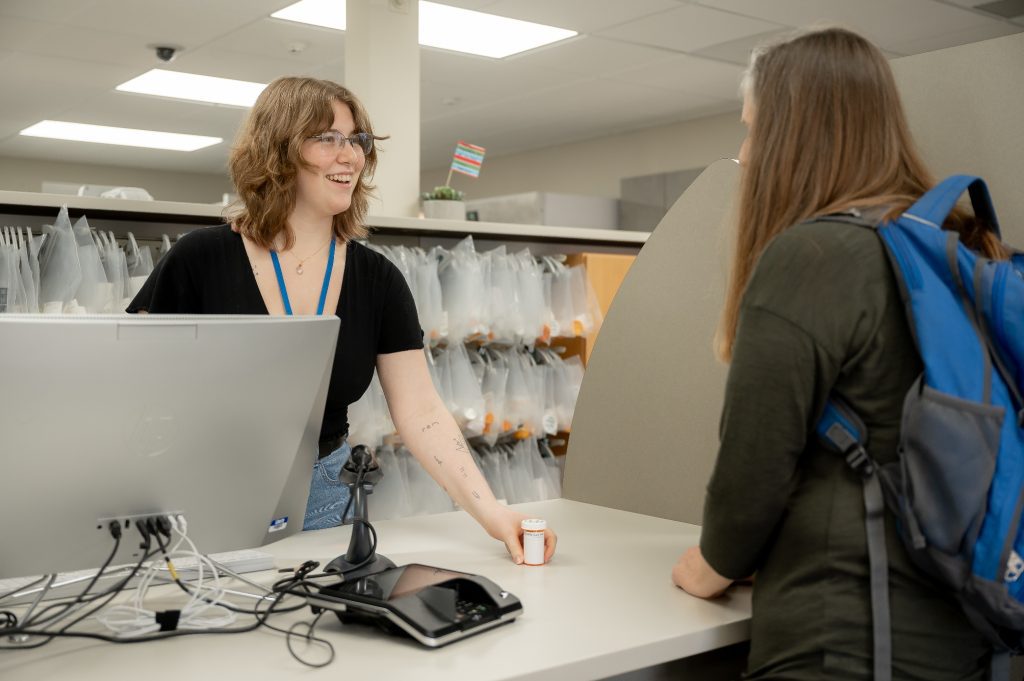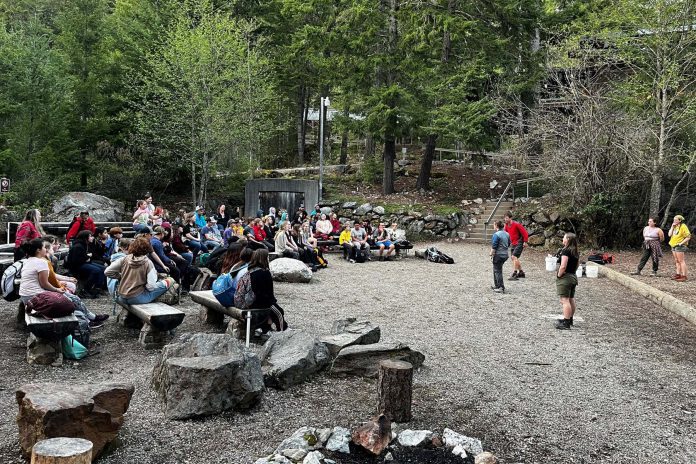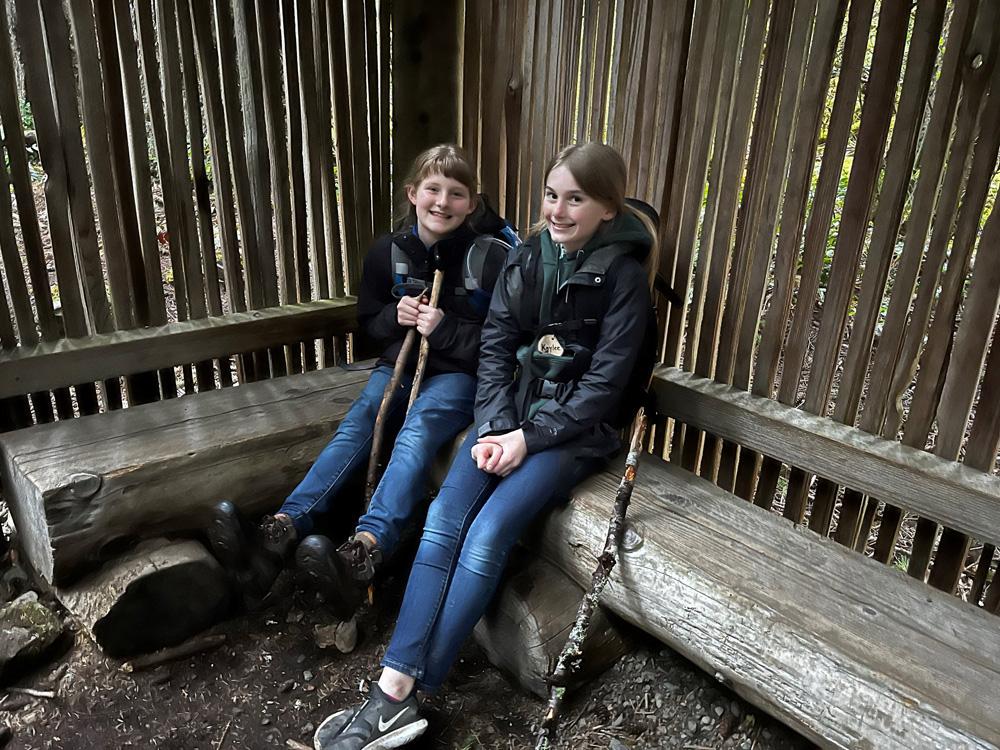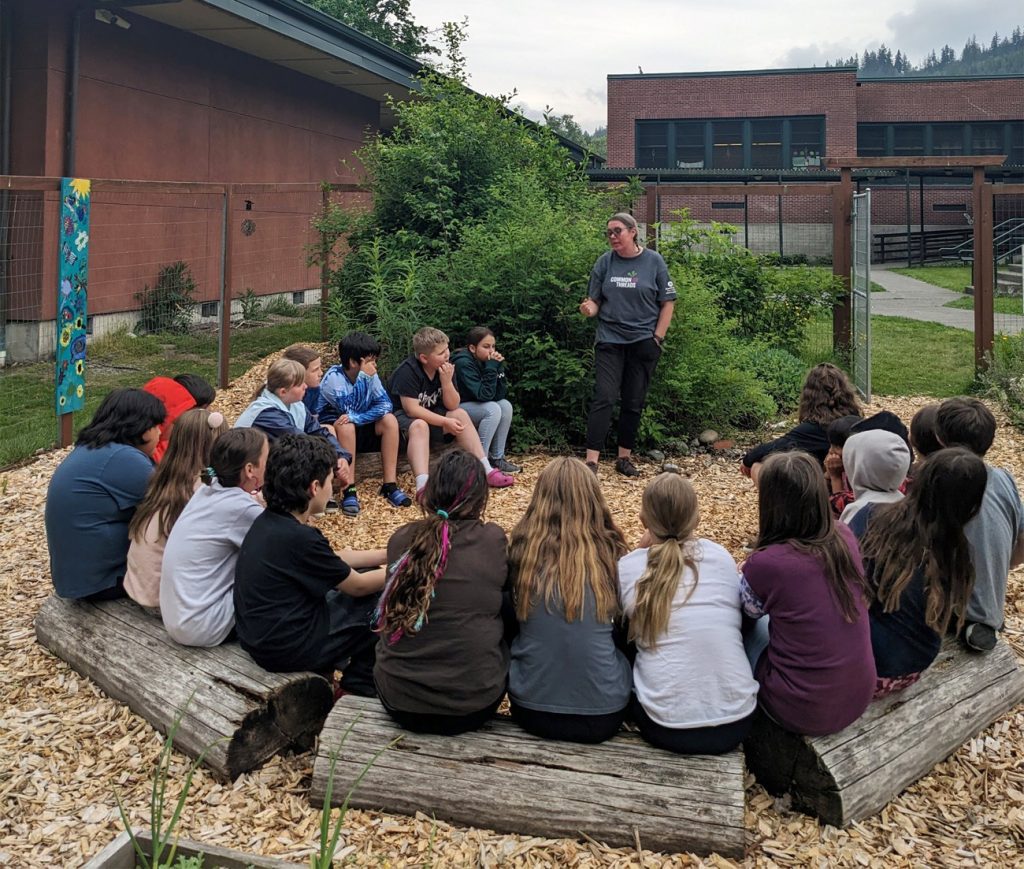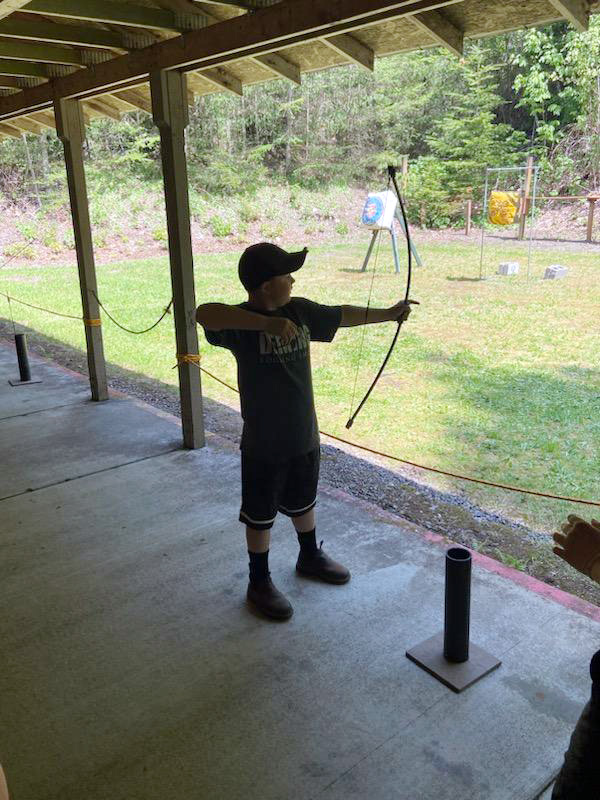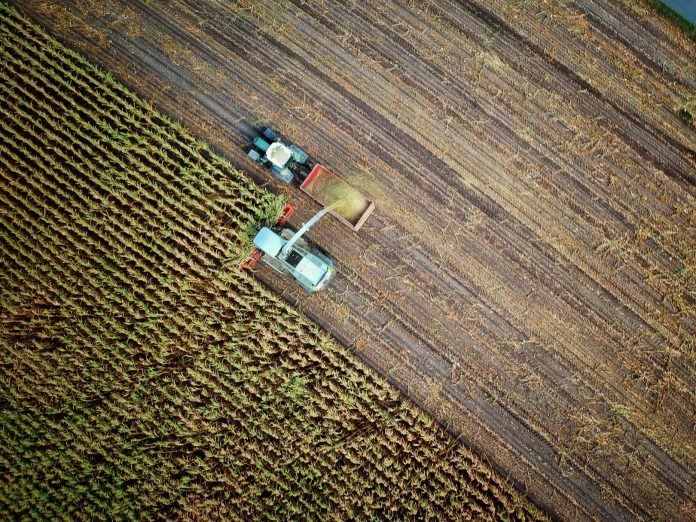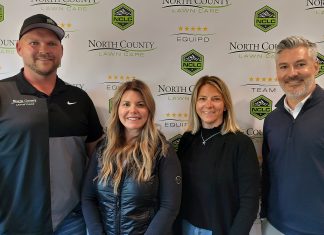Running from Lake Whatcom to Bellingham Bay, Whatcom Creek is named for the Lummi word meaning “noisy water.” This creek’s noisy water descends from the height at Whatcom Falls Park: one of Bellingham’s most iconic geographical and recreational features.
In the 1890s, the land was a privately owned “picnic ground” popular among walkers and bikers. It became Whatcom Falls Park in 1908 when the Young Men’s Commercial Club raised $12,000 for the city to purchase 40 acres. Organizations such as the Whatcom Falls Park Club and Ladies Cooperative Society of Elizabeth Park contributed trails, bridges, and picnic shelters.
The park grew to its current 241 acres during the Great Depression. The State Game Commission and Whatcom County Sportsmen’s Association built the fish hatchery in 1931. By 1939, the Works Progress Administration built the bridge overlooking the falls with Chuckanut sandstone salvaged from the 1891 Pike Building.
Whatcom Falls Park was also the site of Bellingham’s most publicized tragedy. On June 10, 1999, gasoline from the Olympic Pipeline leaked into Whatcom Creek and ignited — causing the deaths of Wade King and Steven Tsiorvas (both 10) and Liam Wood (18). The incident shook the community and brought national attention to industrial hazards. Today, local memorials commemorate the victims, and the ecosystem continues to recover.

Whatcom Falls Park’s main attraction is Upper Whatcom Falls: the picturesque cascade falling 13 feet high along 60 feet of bedrock. With 5.5 miles of trails through water and woodland, there are many more marvels to discover at Whatcom Falls.
Noisy Water on Whatcom Creek
In addition to the grandstanding Upper Whatcom Falls, the park also features numerous small cascades. Whatcom Creek runs all the way to Maritime Heritage Park, where it becomes Lower Whatcom Falls.
Park visitors can watch cascading water from trails north of the WPA bridge and along Derby Pond, a favorite spot for ducks. Just outside Whatcom Falls and Bloedel-Donovan Parks, Scudder Pond Preserve is accessible by canoe or kayak.
Along the trails northwest of the main attraction, Whirlpool Falls has become the park’s second most popular falls for its swimming hole. The cascade falls for ten feet beneath trailside cliffs where visitors often jump during the summer. Signs advise all divers to be careful about shallow areas and rocks.
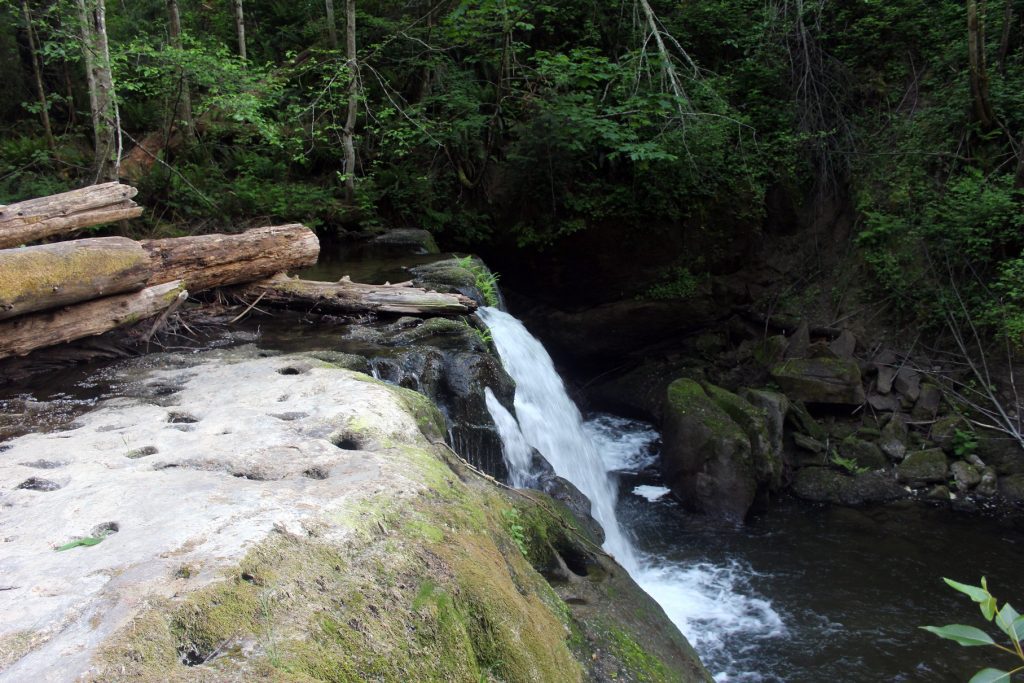
Whatcom Falls’ best-kept secret may be the aptly named Pixie Falls, also called Middle Whatcom Falls. These elusive falls, 15 by 80 feet, lie under a steep bluff by the northwesternmost trails and have become popular among thrill-seekers. Kayakers and rafters enjoy plunging down the falls, and swimmers have installed ropes along the trail to access a steep natural swimming hole.
To reach Pixie Falls, enter the Iowa and Woburn Street trailhead and climb the staircase ahead. Follow the trail east, then follow the second full side trail on your right to a fenced overlook. Pixie Falls lies beyond the fence. It’s a sheer downhill climb on loose soil, so visit at your own risk.
Park Landmarks
From Lakeway Drive and Electric Avenue, Whatcom Falls Park has two parking areas off Silver Beach Road and Arbor Street. The park’s amenities include multiple picnic shelters, playgrounds, basketball and tennis courts, and interpretive signage. The Whatcom Mountain Bike Coalition built the pump track in 2017 to provide multiple challenge levels for bicyclists.
Near Upper Whatcom Falls, Bellingham Technical College operates the trout hatchery under the Department of Fish and Wildlife. They rear fish from eggs to maturity, at which point the trout move on to the local watershed.
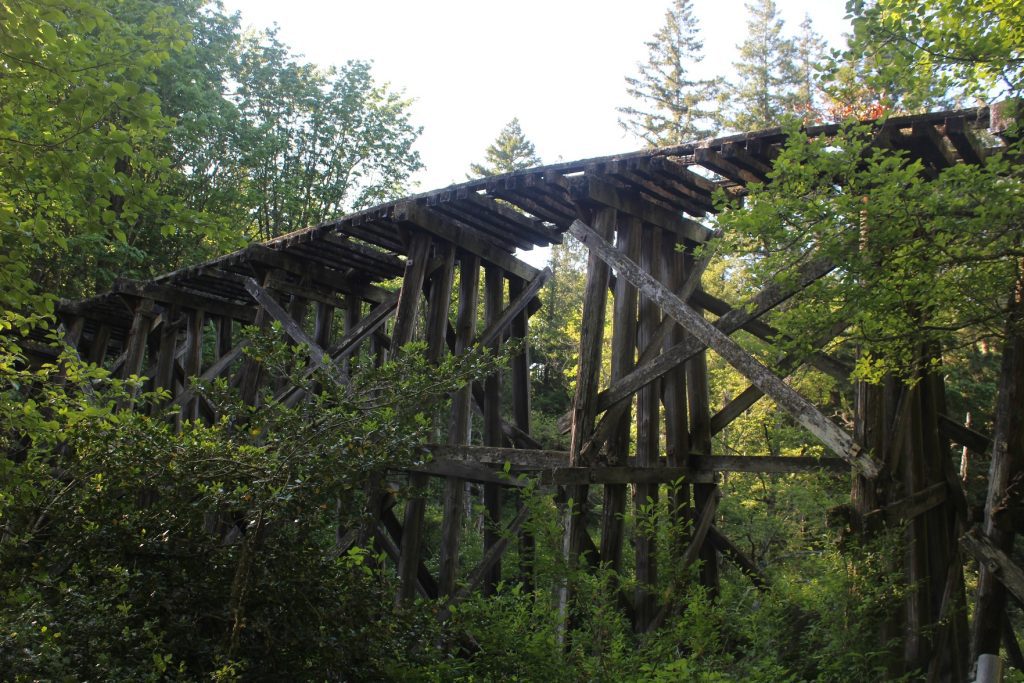
To the northeast, Whatcom Falls connects with the Railroad Trail built along the former Chicago, Milwaukee, St. Paul and Pacific Railroad route. These operations left behind a railroad trestle disused since 1959 and the remnants of tracks atop cliffside trails. The City of Bellingham slated the unstable structure for removal in 2023.
At the Woburn Street trailhead, a totem by the Lummi House of Tears memorializes the pipeline explosion victims. This pole, first carved by Jewel James in 2006, moved from Whatcom Creek Trail to its present location after restoration in 2019. Dead trees still stand at the hillside overlook, attesting to the disaster’s lasting damage.
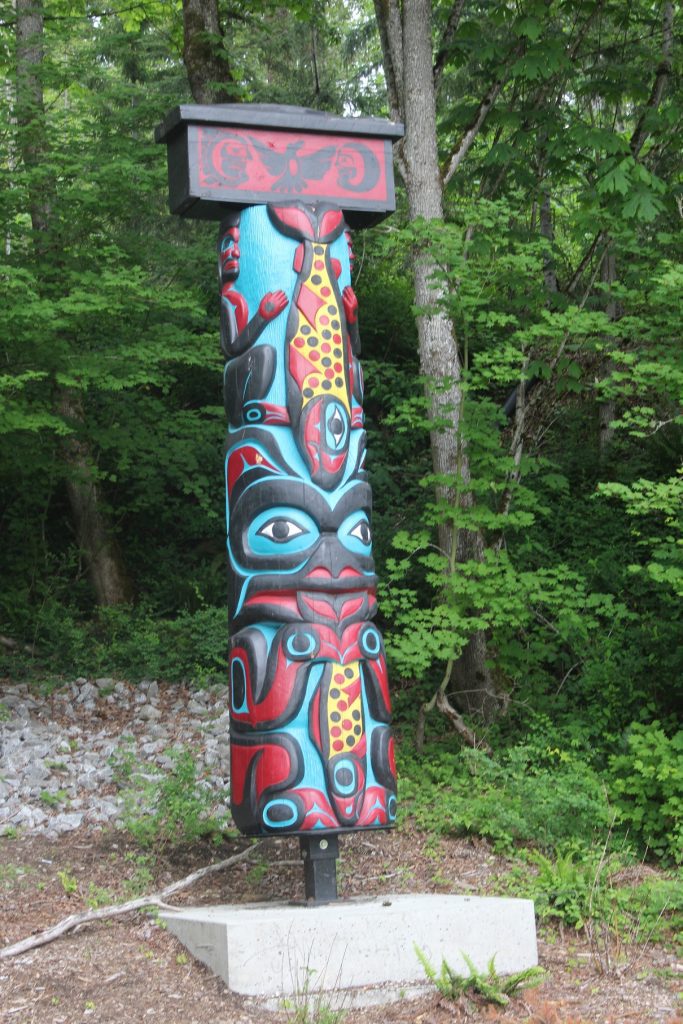
Further Adventures Downstream
Whatcom Falls Park provides a portal to numerous other destinations along the creek. It borders Bloedel-Donovan Park to the northeast, St. Clair Park to the northwest, and Bayview Cemetery to the southwest. Railroad Trail and Whatcom Creek Trail link the park to others approaching the bay.
Whatcom Falls is also home to the City of Bellingham’s Water Treatment Plant along the southwest trails. This facility processes up to 24 million gallons of drinking water from Lake Whatcom daily. Schools, civic organizations, and community members may visit by appointment for educational programs.
Whether you’re hiking, biking, sightseeing, birding, or renting gathering space, Whatcom Falls Park always has new excitement in store.




















